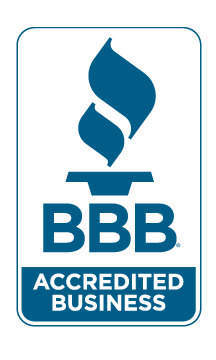Hey there! If you're an agent here at Legacy, first off—welcome to the team! I want to talk to you today about one of the most critical parts of our job: the fact-finding meeting with potential clients. Trust me, it's not just about pushing policies; it's about understanding someone's life well enough to help secure it financially. It's big stuff, so let's dive in.
Step 1: Let's Talk Numbers—Financial Obligations
Kick off the meeting by breaking down their current and future financial responsibilities. This is more than just asking about their income; it’s about digging into:
- Immediate Expenses: Think mortgages, car loans, or that lingering credit card debt. Get an exact figure for total outstanding debts.
- Daily Grind Costs: What does their daily life cost them? Housing, utilities, and how many avocados they go through in a week—all of it.
- Kiddo Costs: If they have children, bring up future educational expenses. Nobody wants to talk student loans, but better now than later.
- The Inevitable Costs: Kind of morbid, but final expenses and potential estate taxes or legal fees need to be in this mix.
Step 2: The Income Equation
Here's the thing—our clients work hard to provide for their families. Our job is to make sure their standard of living doesn't take a nosedive if they're suddenly out of the picture. To nail this down:- Annual Income: Ask about their current earnings and any likely promotions or side hustles.
- Time Frame: How many years will the family need support? Ten to fifteen years is a common ballpark, but every family is different.
- Good Ol' Inflation: Money today isn't the same as money ten years from now, so let’s keep inflation in mind.
Step 3: Show Me the Money—Existing Assets
Everyone's got a rainy-day fund or some assets lying around. Take stock of these to subtract from the grand total you’ve been tallying up. These could be existing savings, investment portfolios, or other assets like property.
Step 4: Special Circumstances (aka the Curveballs)
Life's full of surprises.
- Partner's Paycheck: A high-earning spouse might mean less insurance needed.
- Kid Status: If the kiddos are close to being financially independent, that’s a game-changer.
- Debt Lifecycle: If their debt is shrinking faster than a puddle in the desert, that’s something to consider.
Step 5: Phone-a-Friend, The Financial Advisor
Look, we're pros, but sometimes a client’s financial situation is a labyrinth. Don’t hesitate to recommend they consult a financial advisor. They can add that extra layer of finesse to your calculations.
Step 6: Keep it Fresh—Regular Reviews
People change jobs, have kids, or win lotteries. Make sure to catch up with your clients periodically to keep their coverage updated and relevant.
Remember, what we're offering isn’t just a policy. It’s peace of mind, financial stability, and a safety net all rolled into one. As you walk your clients through these steps and refine your recommendations, you’re not just selling insurance—you’re helping secure futures.
Cheers to making a lasting impact!





